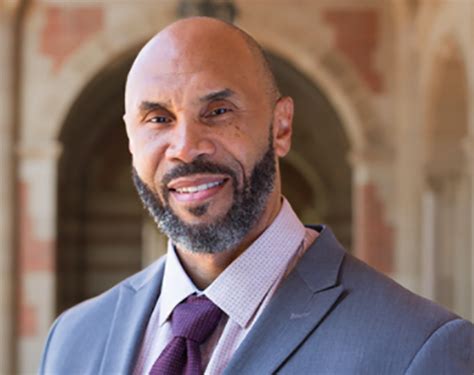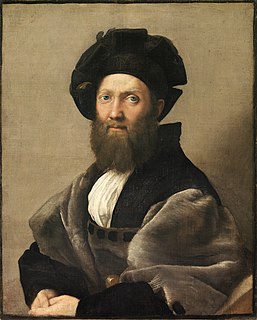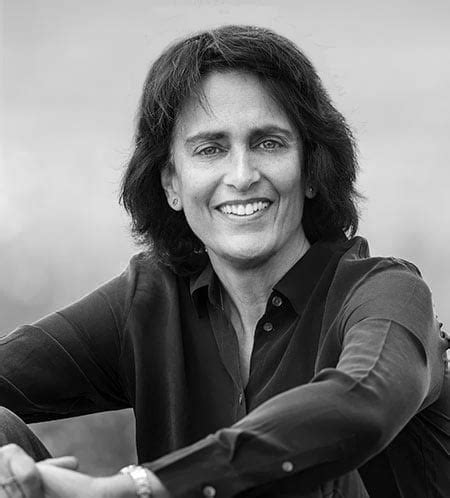A Quote by Pierre Teilhard de Chardin
When all is said and done, what constitutes the impregnable superiority of Christianity over all other types of Faith is that it is ever more consciously identified with a Christogenesis: in other words, with an awareness of the rise of a certain universal Presence which is at once immortalizing and unifying.
Related Quotes
It was this same Jesus, the Christ who, among many other remarkable things, said and repeated something which, proceeding from any other being would have condemned him at once as either a bloated egotist or a dangerously unbalanced person...when He said He himself would rise again from the dead, the third day after He was crucified, He said something that only a fool would dare say, if he expected longer the devotion of any disciples-unless He was sure He was going to rise. No founder of any world religion known to men ever dared say a thing like that!
There will be some fundamental assumptions which adherents of all the variant systems within the epoch unconsciously presuppose. Such assumptions appear so obvious that people do not know what they are assuming because no other way of putting things has ever occurred to them. With these assumptions a certain limited number of types of philosophic systems are possible, and this group of systems constitutes the philosophy of the epoch.
People learn a lot about what they think they know about other people from what they see in the media. If they see certain types of images reproduced over and over again for other groups that limit them to narrow types of roles and portrayals, they start to take those prejudices into their interactions with those people in real society, and that creates all kinds of discriminatory problems.
Humanity has made a great error in seizing on a certain moment, no more intrinsically notable than any other moment and has called it Birth. The habit of honoring one single instant of the universal process to the disadvantage of other instants has done more, perhaps, than anything to obfuscate the crystal clearness of the fundamental flux.
While we should not hesitate to deploy encryption to protect ourselves from cybercriminals, this should not be done in a way that eviscerates society's ability to defend itself against other types of criminal threats. In other words, making our virtual world more secure should not come at the expense of making us more vulnerable in the real world.
I think the media in America have been absolutely fantastic about the rise of Trump, they've kept a firm eye on the ball: this constitutes democracy, this constitutes transparency, this constitutes fairness, this constitutes the way to behave in a civic society, this constitutes fascism, this constitutes authoritarianism. They're drawing that line, and they're calling him out every time. That's really what needs to happen, and you just have to do that.
I have discovered a universal rule which seems to apply more than any other in all human actions or words: namely, to steer away from affectation at all costs, as if it were a rough and dangerous reef, and (to use perhaps a novel word for it) to practise in all things a certain nonchalance [sprezzatura] which conceals all artistry and makes whatever one says or does seem uncontrived and effortless.
The Pope was more critical of Christianity than Islam during his visit (to Bavaria). He said on several occasions that the secular world influenced by Christianity must face the idea that it may not be as attractive as it once was. The leaders of other faiths might also be well-advised to admonish their own now and then and not always direct their criticism at others.
Recognizing and uniting with the universal therefore gives us the greatest aesthetic satisfaction, the greatest emotion of beauty. The more determinately (consciously) this recognition is experienced, the more intense our happiness. The more determinately (consciously) this union with the universal is felt, the more individual subjectivity declines.
Solitude in the city is about the lack of other people or rather their distance beyond a door or wall, but in remote places it isn’t an absence but the presence of something else, a kind of humming silence in which solitude seems as natural to your species as to any other, words strange rocks you may or may not turn over.
My brother and I have converted to Christianity, and my other brother and sister are still Sikh. So for me, it's not something that I ever want to be judgmental on. I know my parents are two people of a very strong faith. I respect all that they've done in raising their four kids and in the opportunities that they've given us.








































